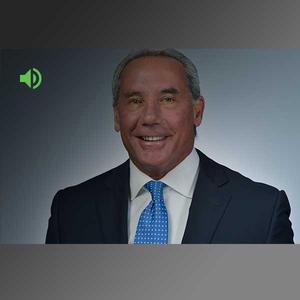Business and Economics
Explore Gallup's research.

Americans' economic confidence has fallen to its lowest level in over a year, accompanied by a historic drop in planned holiday spending.
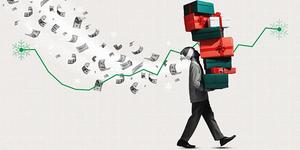
Americans expect to spend an average of $1,007 on holiday gifts this year, nearly identical to their estimate at the same point in 2024.
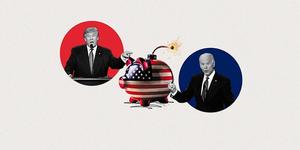
Nearly half of Americans in April believe that Donald Trump is more responsible for the current economy, while one-quarter say Joe Biden is. Another 21% think the two are equally responsible.
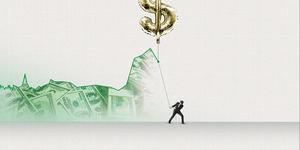
Fewer Americans than in 2023 and 2024 name inflation as the most important financial problem facing their family, but it still ranks at the top of the list.

Nearly all Americans use AI products, but many don't realize it. Most say the government and businesses are equally liable for reducing its potential harms.
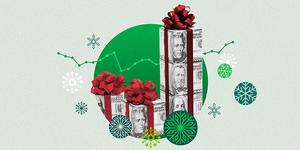
Gallup's final 2024 measure of Americans' holiday gift outlays finds consumers' spending estimate up slightly from a year ago.
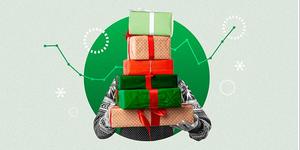
Americans predict they will spend an average of $1,014 on holiday gifts this year, well above the $923 they estimated at this time last year.

Gallup's Economic Confidence Index improved in August, but inflation and job market concerns persist.
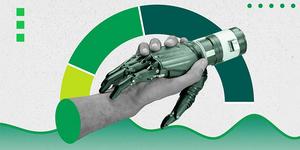
A recent Bentley University-Gallup study shows Americans remain cautious about how artificial technology is being used, but greater transparency could help ease some of their concerns.

Gallup's Economic Confidence Index is holding at -35 in July, with 13% naming inflation as the most important problem.
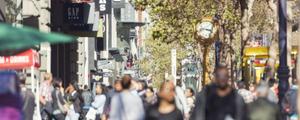
June's Economic Confidence Index holds at -33, reflecting Americans' ongoing economic concerns.

About half of U.S. holiday shoppers say they will buy most or all of their gifts in December, with 16% buying all of them this month.

The amount Americans plan to spend on holiday gifts this year has increased as the season has progressed, from $923 in October to $975 in November.

Americans predict they will spend an average $923 on Christmas or other holiday gifts this year, just shy of the $932 they estimated at the same time a year ago.

Consumers have dialed back their spending intentions on Christmas gifts compared with what they said in October.
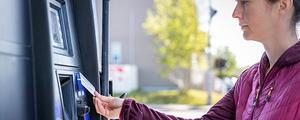
Fifty-five percent of U.S. adults say rising prices are causing hardship for their family, essentially unchanged from August but higher than a year ago.
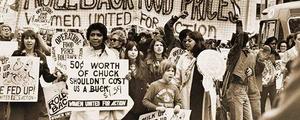
Gallup polls in 1942, 1947, 1974 and 1980 provide insight into how Americans reacted to inflation when the rate was consistently over 10%.
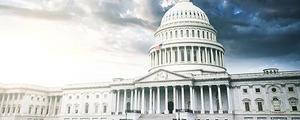
Americans' satisfaction with government regulation of businesses and industries has fallen to a new low of 28%. At the same time, satisfaction with the size and influence of major corporations ties last year's all-time low of 26%.

